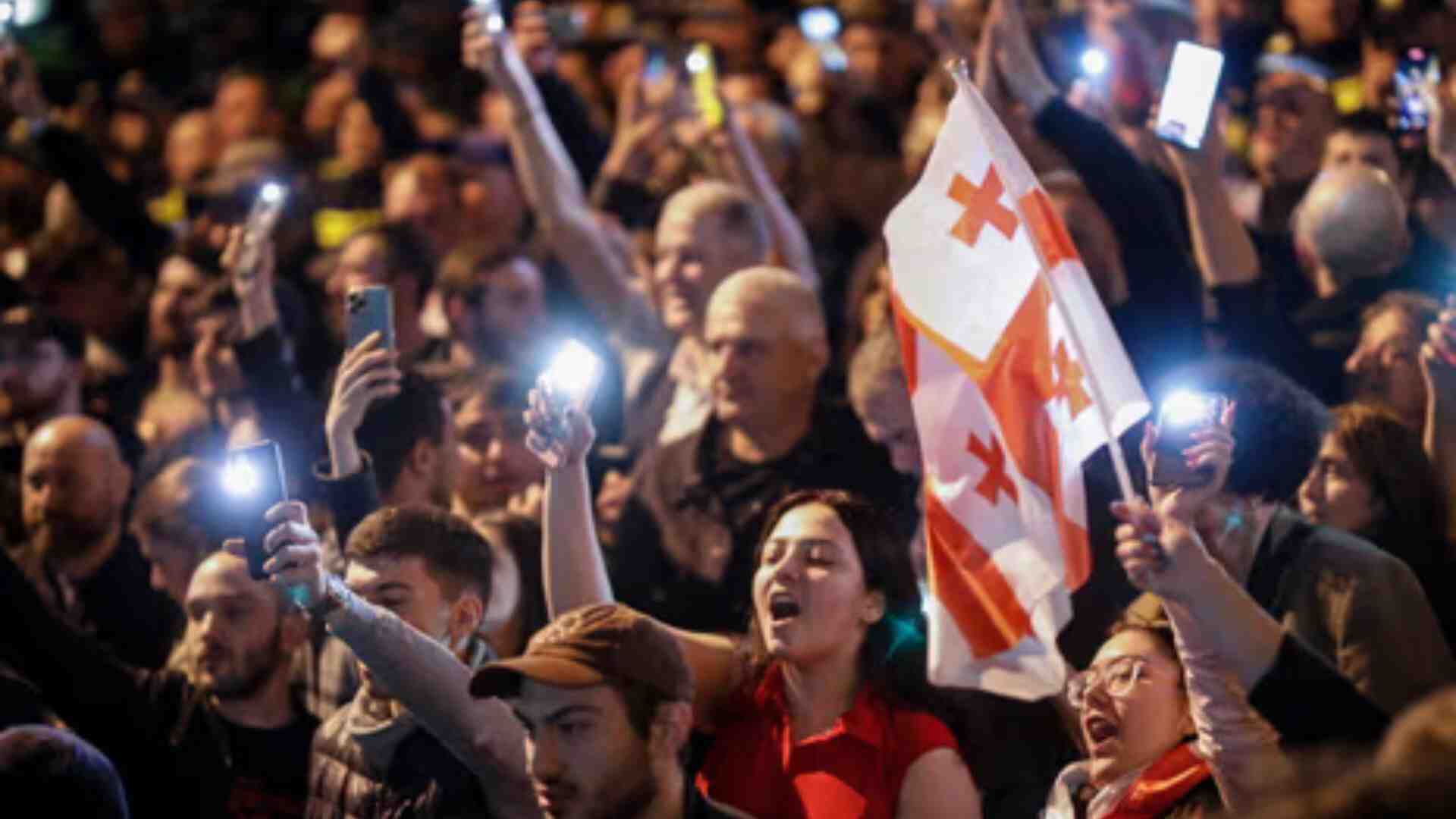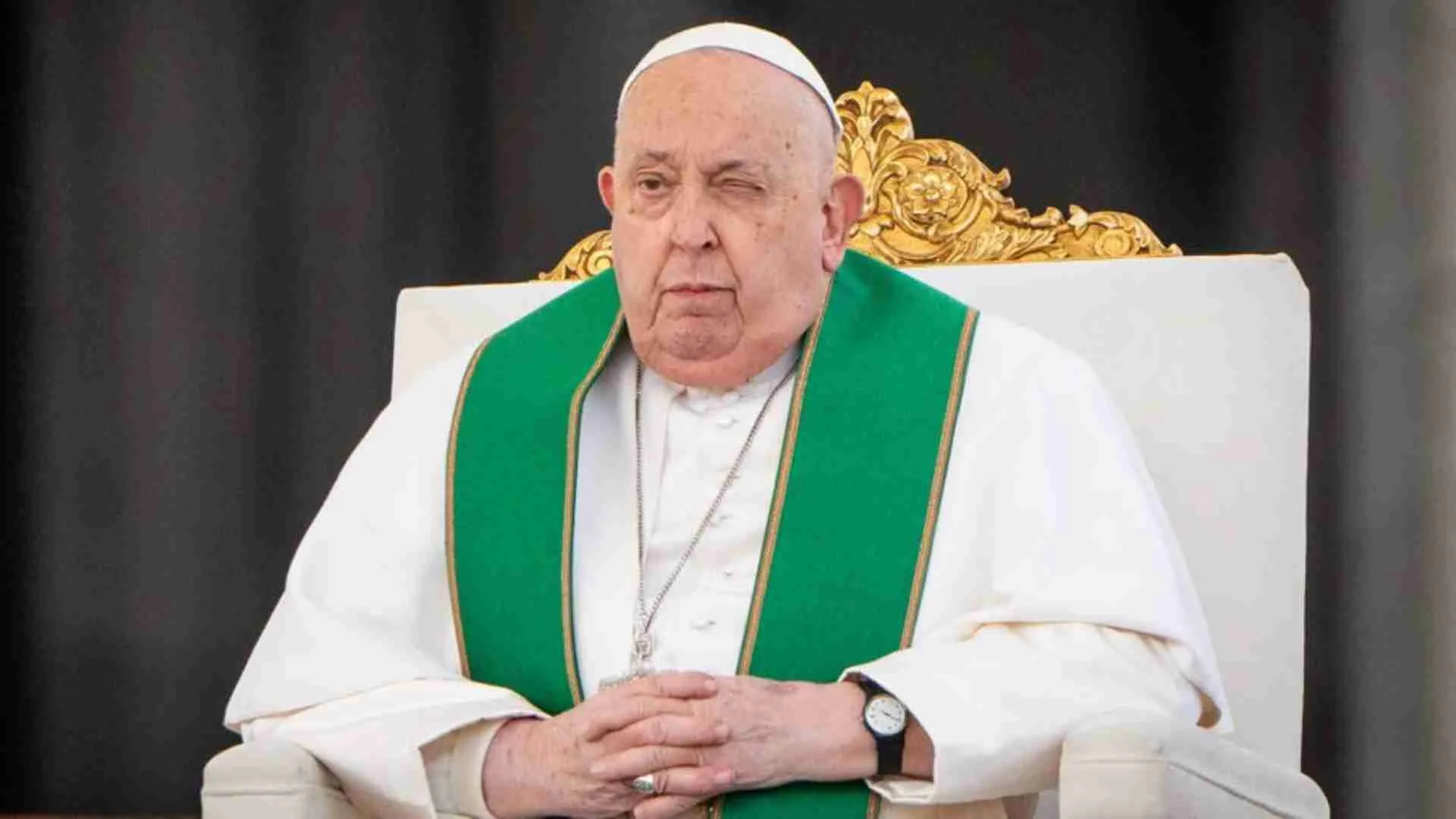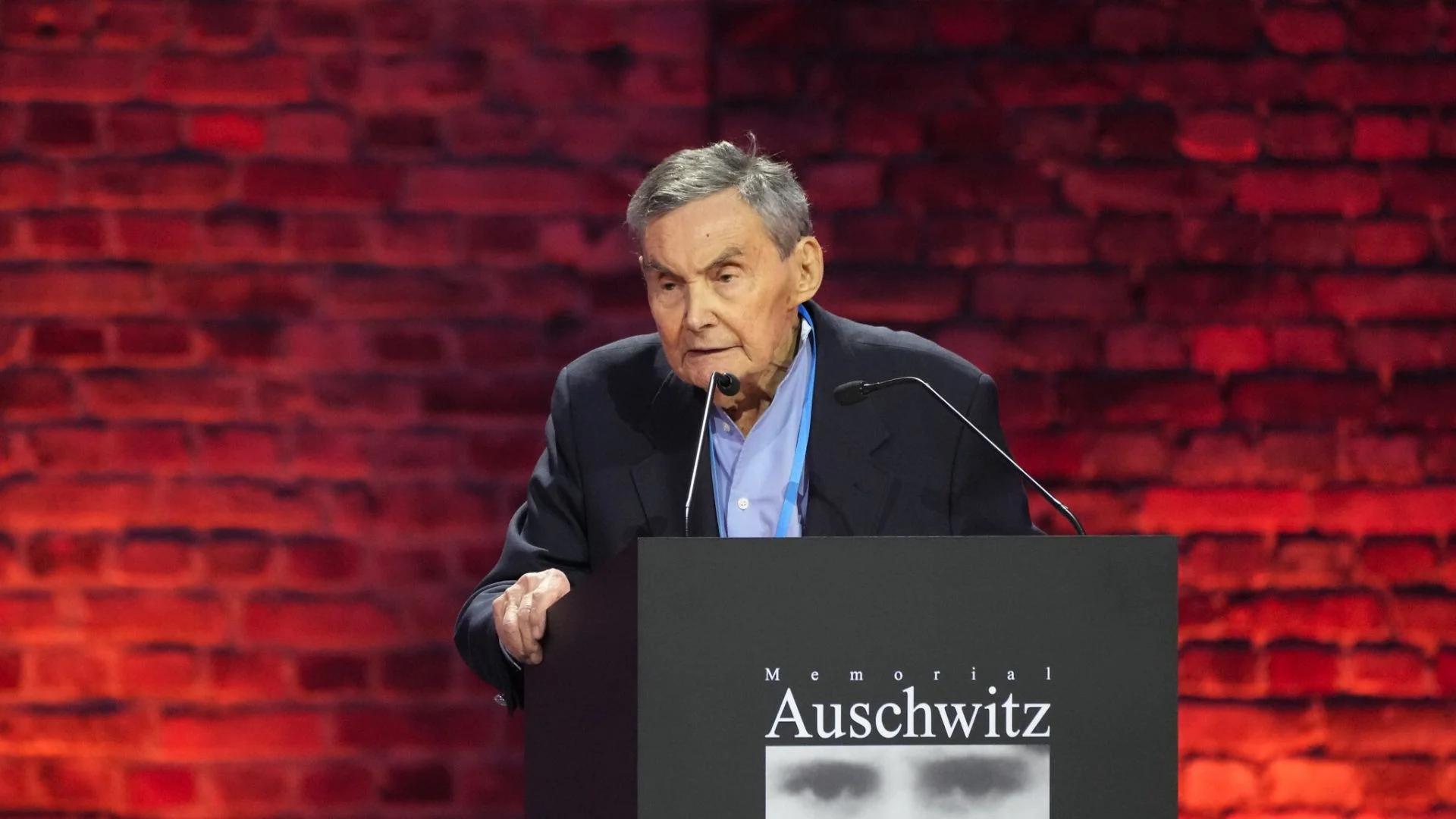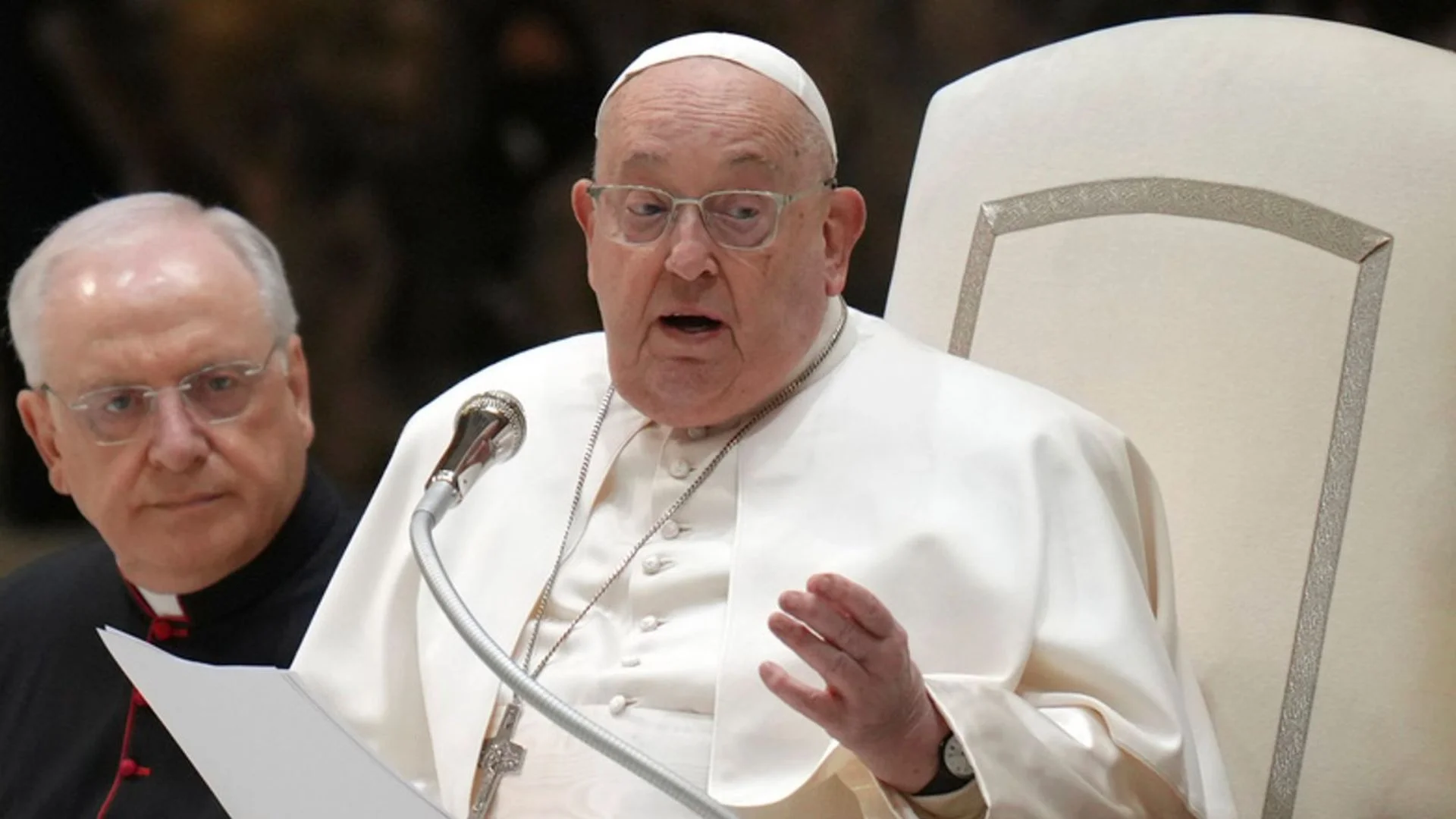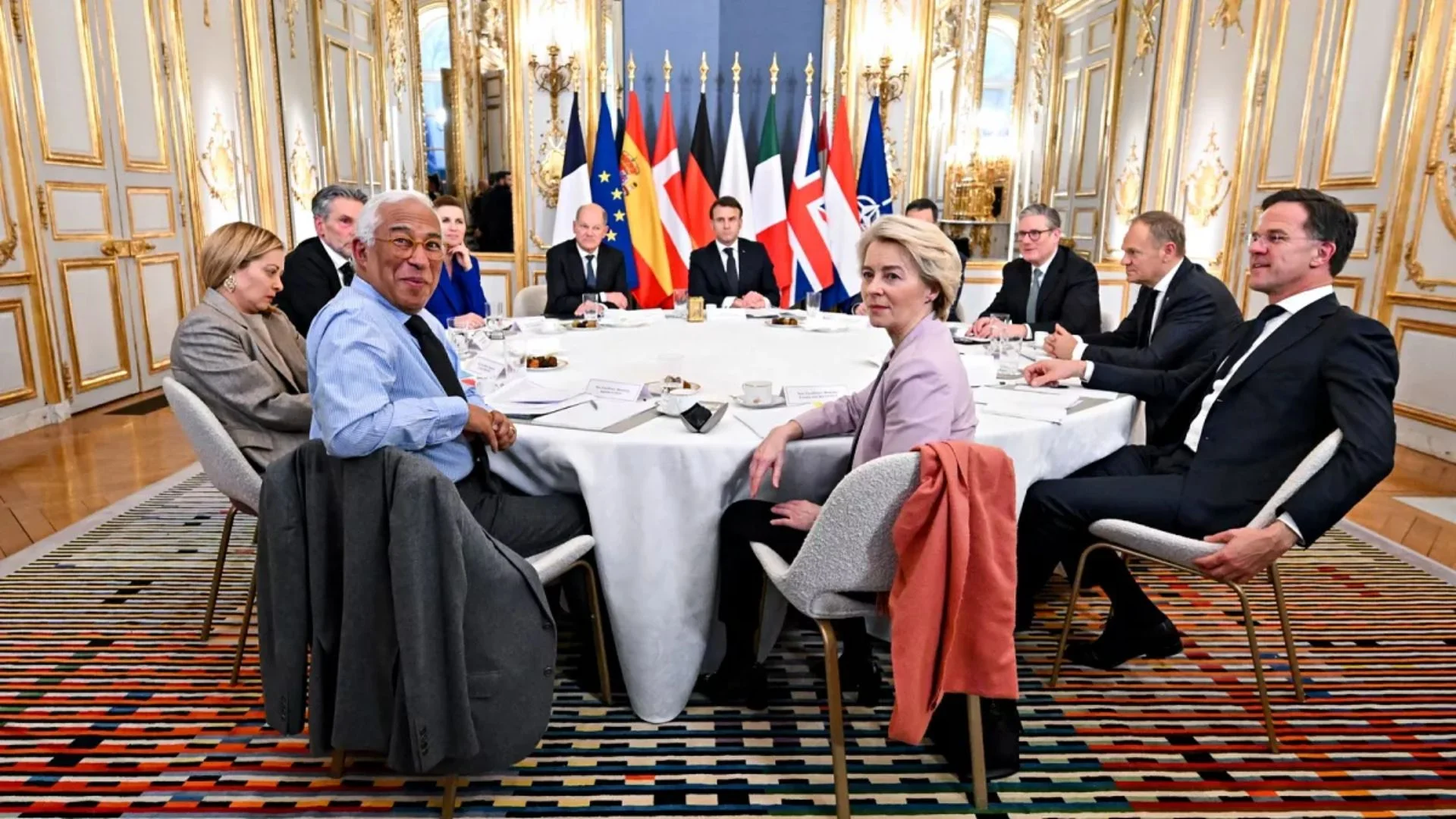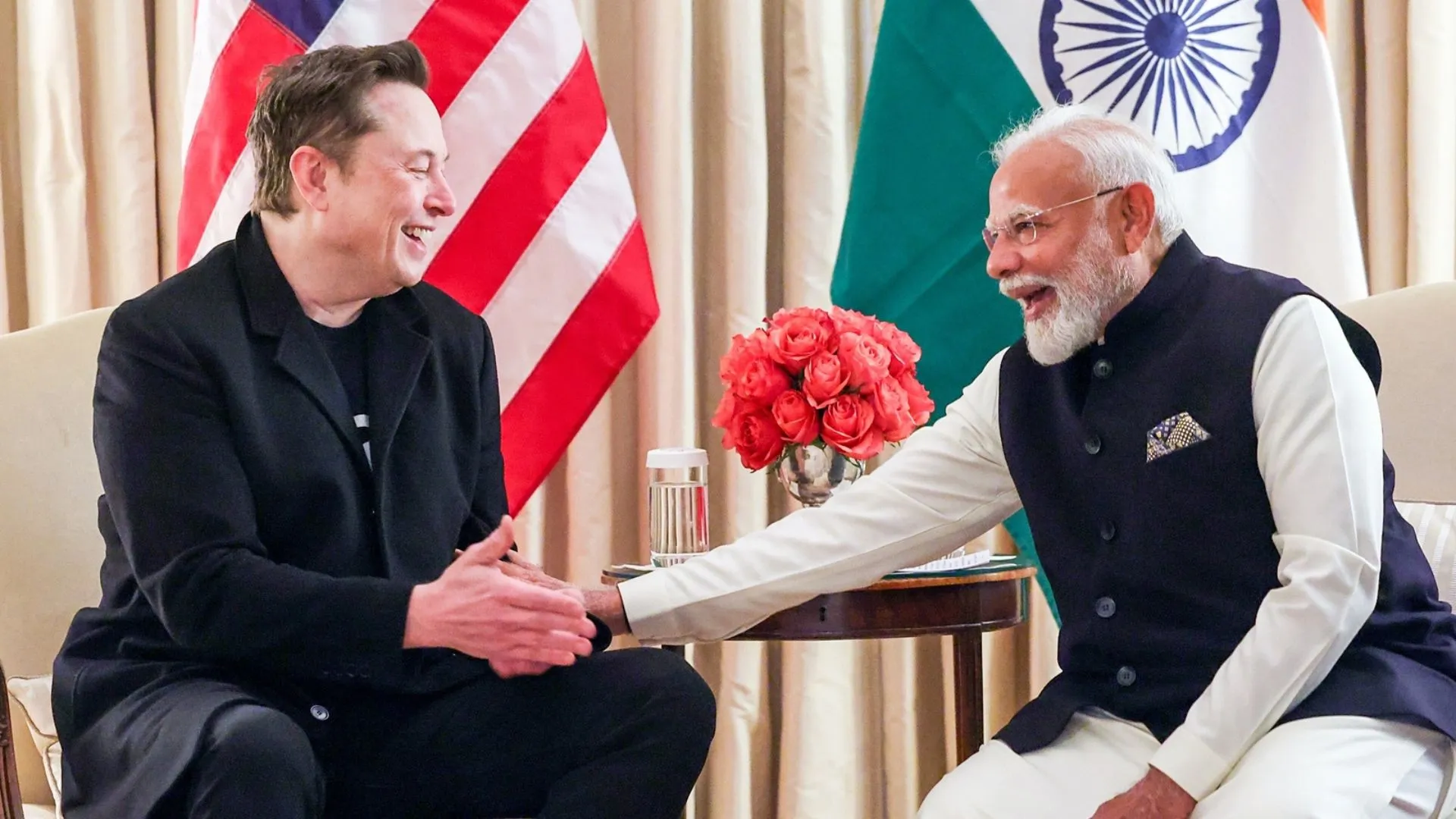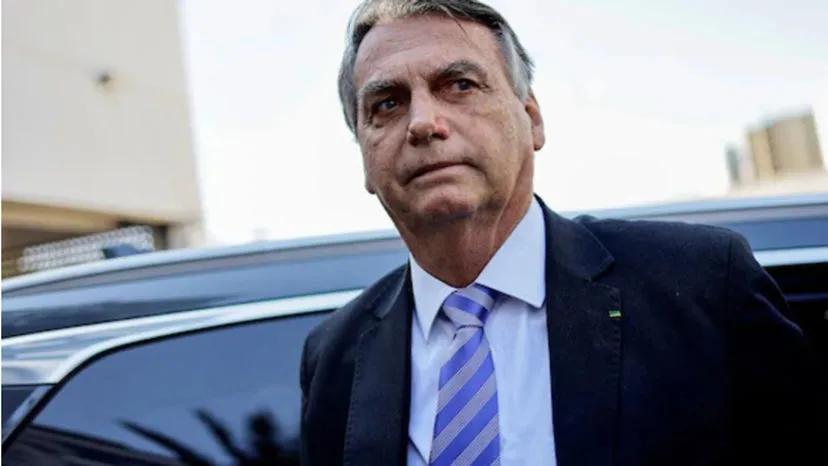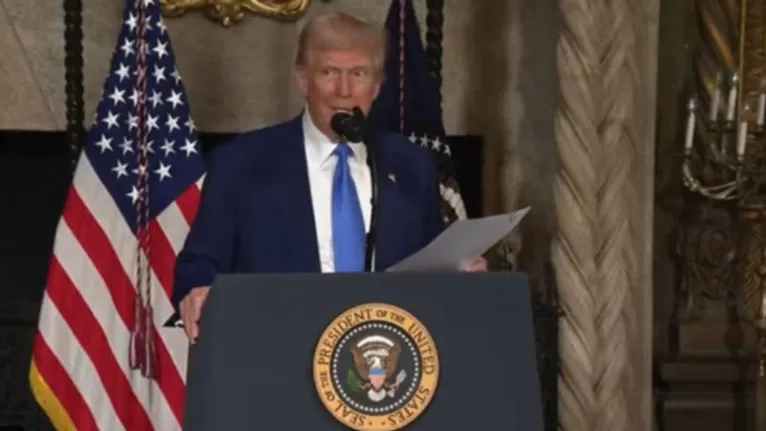Tensions heightened in Tbilisi as Georgian police utilized tear gas and rubber bullets to scatter crowds of demonstrators gathered outside parliament for the third consecutive week. The protests were organized to oppose a controversial “foreign influence” bill, which detractors claim undermines Georgia’s efforts to join the European Union, as per Al Jazeera’s report.
Masked riot police employed aggressive tactics, such as physical assaults and detainments, when facing off against demonstrators who were protesting the bill. The bill, which is currently being debated in parliament, aims to mandate organizations that receive more than 20 percent of their funding from abroad to register as “foreign agents.”
Despite the fervent protests, the parliamentary session concluded without a vote, with discussions scheduled to recommence the next day. The bill has intensified tensions between the ruling Georgian Dream party and a coalition of opposition factions, civil society organizations, and prominent figures, including President Salome Zurabishvili.
Georgian Dream’s legislative authority enables it to enact laws without the need for opposition backing, exacerbating the gulf between the government and dissenting factions. Critics have likened the bill to Russia’s “foreign agent” law, which has been used to quell dissent domestically. Russia’s involvement in the separatist regions of Abkhazia and South Ossetia continues to be a source of contention for many Georgians, particularly in light of the 2008 conflict between the two countries.
The bill has garnered rapid international condemnation, with the United States, United Kingdom, and European Union voicing apprehension. European Council President Charles Michel stated that the legislation undermines Georgia’s aspirations for EU membership and pushes the country further away from European integration.
Former Georgian Defence Minister Tina Khidasheli, participating in the protests, expressed belief in the eventual triumph of the demonstrators. Concurrent with the ongoing protests, the government arranged a rally in favor of the bill, attracting tens of thousands of participants, mainly from rural regions. The divergent demonstrations highlight the widening rift within Georgian society regarding the contentious legislation.
The contentious debates surrounding the bill have extended into the parliamentary chambers, with physical confrontations erupting last month. As tensions endure, Georgia confronts deep political polarization and uncertainty regarding the future course of its democracy, according to Al Jazeera’s report.

